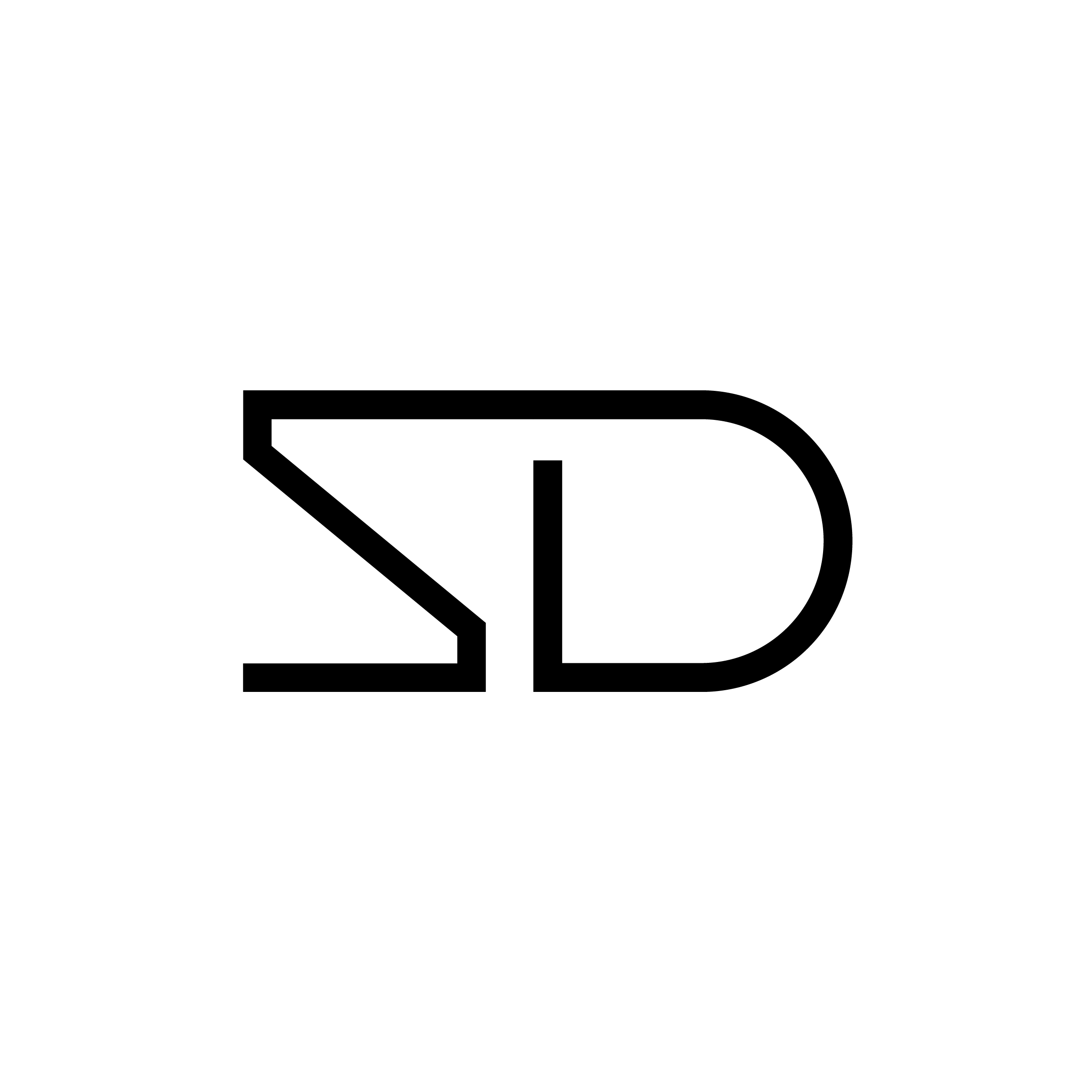How AI Is Changing The Job Market
Last month, we talked about how Artificial Intelligence has impacted the creative industry, and how the rumours about this technology having the potential of replacing human job roles is not necessarily true.
In “The Role Of AI In The Creative Industry” blog, we highlighted the fact that, despite the progress in AI technology, it is improbable that AI will completely replace humans. Rather, there exists a significant opportunity for a collaborative partnership between workers and AI, as it can act as a valuable instrument to broaden the horizons of a job role, enabling companies to make the most of their employees’ time. While not as "smart" as humans, AI can process information much quicker, making it ideal for handling routine tasks, freeing up time for employees to focus on revenue-generating aspects of their roles.

For instance, Salesforce's Einstein AI helps sales professionals interpret vast customer data, leading to precise sales predictions and improved sales performance. In the insurance sector, underwriters leverage AI to analyse data for smarter loan underwriting, resulting in cost savings for companies and fairer rates for clients. In legal firms, AI aids in securities fraud investigations by analysing stock price data for trends and irregularities. In healthcare, AI supports surgeons with predictive modelling for personalised treatment strategies and customised medical implants. While white-collar workers are transitioning to higher-paying roles as AI trainers, utilising their expertise to train AI applications like chatbots efficiently.
Despite displacing certain jobs, AI creates new, well-paid opportunities such as robotics technicians in automotive factories, where intelligent robotics powered by AI are replacing assembly line workers. The evolution of AI not only streamlines operations but also fosters the growth of new skilled labour roles, contributing to a dynamic workforce landscape. What’s not positive about that?!
AI In The Creative Industry

AI tools are already utilised by 83% of the creative industry. While some individuals express concerns about the impact of this technology on automating artists’ jobs, others are embracing it to enhance their work rather than fear it.
Shades of Intelligence conducted a survey among creatives, revealing that the majority (83%) have integrated AI into their work routines. Nearly half (49%) have used AI tools in the past week, and 33% within the last six months. Opinions on AI vary within different creative fields. When asked about their feelings towards AI, 56% of respondents expressed curiosity, while 41% showed excitement for the future possibilities AI offers. Some respondents are more skeptical, with 36% believing AI's capabilities are exaggerated, and 26% viewing it as a negative development for creativity.
These statistics highlight the sentiments of the surveyed creatives. Diverse opinions emerge when analysing the results based on creative discipline, experience level, and job type. Those working in agencies or studios are more likely to have recently used AI tools, with 55% reporting use in the past week. In contrast, 38% of solo artists and 27% of freelancers mentioned never using AI in their work. Strategists are the most frequent users of AI tools (78%), followed by individuals in digital arts (74%) and advertising (65%). Conversely, animators (54%), illustrators (53%), and those in film and motion (33%) who predominantly work freelance, have not used AI as much.
Interestingly, senior staff members, especially heads of departments, are the most common users of AI tools (71%). Creative directors (71%) and heads of departments (67%) are more likely to be curious or excited about AI's potential. Age also plays a role, with respondents aged 36-50 showing more interest in AI compared to other age groups.
Overall, creatives seem to be optimistic about working alongside AI tools. 80% of respondents envision AI supporting them in mundane tasks, allowing them to focus on creativity. The majority foresee AI being integrated into the tech sector to develop more advanced tools. 58% of respondents believe that AI will be a standard tool in all creative projects within the next five years.
Much like the late Jacque Fresco, who integrated technology with humanity through the founding of The Venus Project—a non-profit organization devoted to designing human habitats that align with Earth's carrying capacity and local ecosystems. The Venus Project reflects the culmination of his life work: the integration of the best of science and technology into a comprehensive plan for a new society based on human and environmental concern. It is a global vision of hope for the future of humankind in our technological age. Jacque Fresco, an American futurist, inventor, social engineer, visionary, and technician, lived by the motto: "Study the meaning of science and apply its methods to the social system!" At Scarlet Destiny, we wholeheartedly embrace this philosophy. We believe that integrating AI into our daily tasks and activities can enhance and simplify our lives, rather than diminish the human touch in creative and other industries..
[info sourced on zendrive.com, thevenusproject.com and itsnicethat.com
All images sourced on canva.com]

